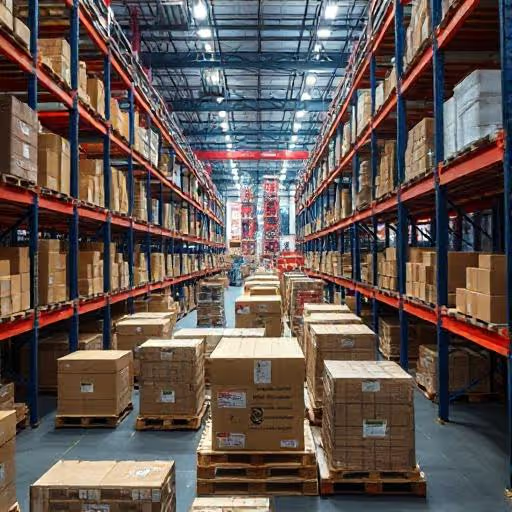
Key Components of Effective Supply Chain Managemen
Effective supply chain management (SCM) is the secret sauce that keeps businesses running smoothly and customers satisfied. Here are the key components of supply chain management system that make SCM work:
1. Procurement: This is the process of sourcing and acquiring the raw materials needed to create products. Effective procurement ensures that the right materials are available at the right time and at the best cost.
2.Production: This involves turning raw materials into finished products. Efficient production processes ensure high quality and timely completion, keeping costs down and customers happy.
3.Inventory Management: Managing inventory means balancing supply with demand. Too much stock ties up capital, while too little can lead to shortages. Effective inventory management keeps the right amount of product available without overstocking.
4.Logistics and Distribution: After production, products need to reach customers. Logistics involves planning, implementing, and controlling the movement of goods. Efficient logistics ensure that products are delivered quickly, accurately, and cost-effectively.
5.Collaboration and Communication: Seamless communication between suppliers, manufacturers, and retailers is crucial. Good collaboration helps prevent delays, reduce errors, and improve overall efficiency.
These components of SCM work together to create a well-oiled supply chain, ensuring that products move from the factory to the customer's hands as smoothly and efficiently as possible.

